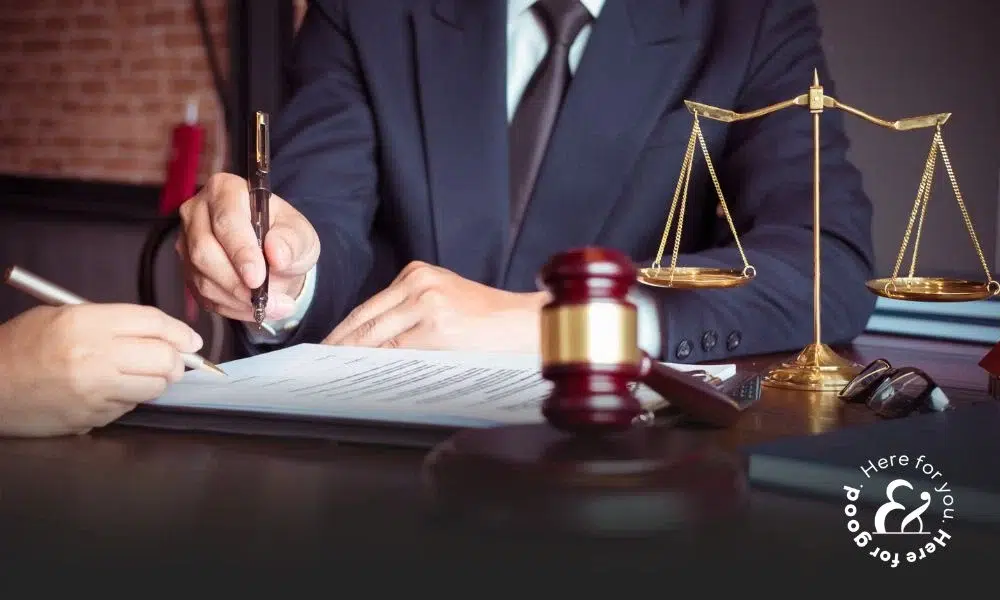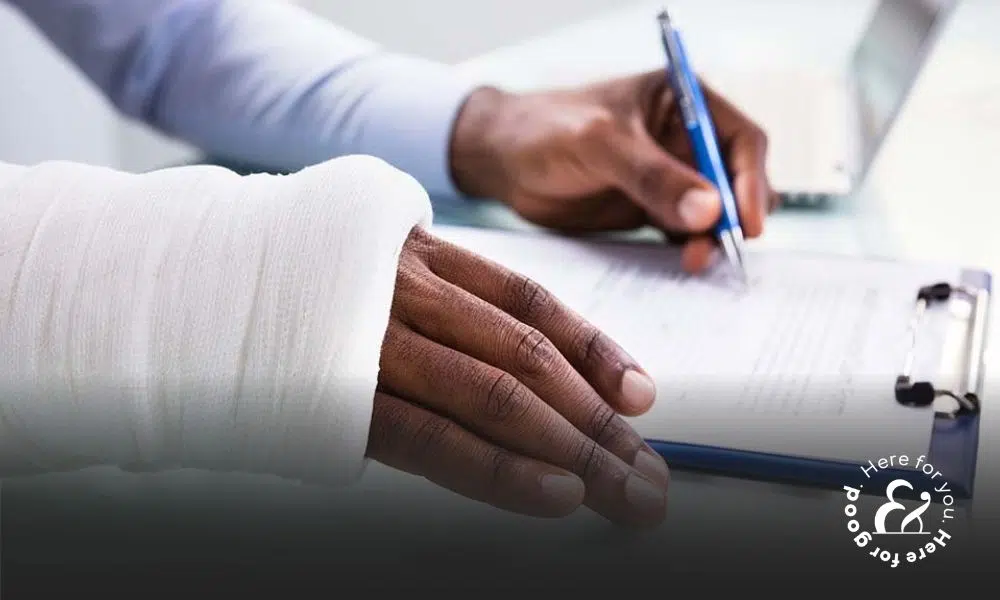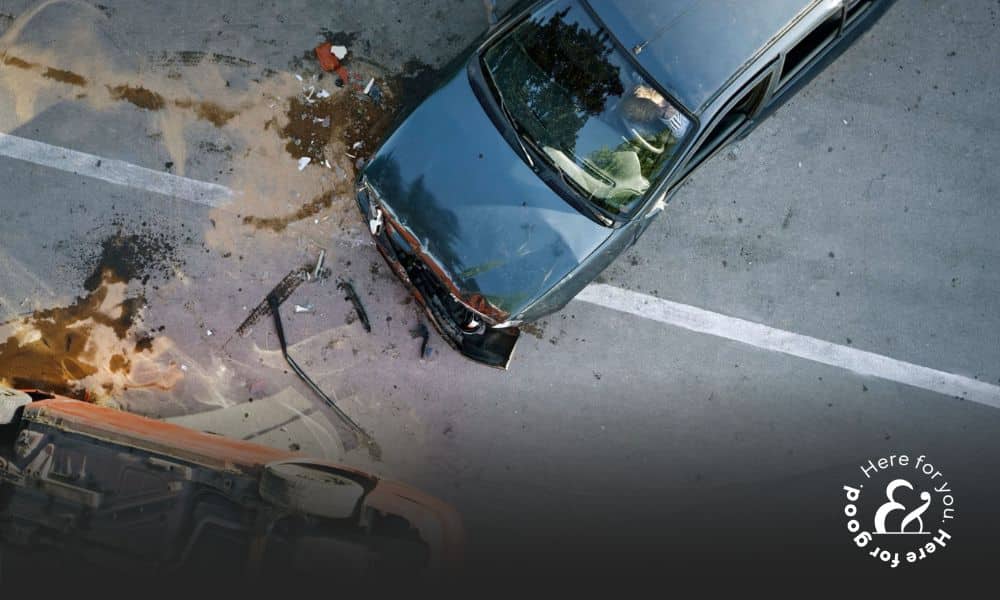Georgia’s comparative negligence law allows you to recover some compensation even if you were partially at fault for an accident. However, you can only recover compensation if you were less than 50 percent at fault for your accident.
If you have been hurt in an accident in Georgia, it’s important to understand the comparative negligence laws and how they may impact your claim. Our Georgia personal injury lawyers explain what you need to know.
Understanding Georgia’s Comparative Negligence Law
Georgia follows a modified comparative negligence law. This rule lets you recover damages even if you were partially at fault for the accident, but only in some circumstances. The factor that determines if you can recover compensation is your percentage of fault.
You can recover compensation if your assigned fault is under 50 percent. In that case, your compensation will be proportionately reduced by your share of the fault. If your share of fault for the incident is 50 percent or greater, you cannot recover compensation.
How Fault Is Determined in Georgia Accident Cases
Several factors must be assessed when determining fault after an accident. The fault determination process is not always easy because different parties will have different accounts of what happened, and some evidence may not be definitive or even available. Sometimes, accident reconstruction experts or other types of experts are brought in to evaluate how an accident happened.
The situation gets even more complicated if more than two parties are involved. No matter what type of accident you were in, having a skilled and experienced attorney handling your case and representing you is invaluable.
An attorney can help you avoid costly mistakes when pursuing compensation for your injuries and damages. For help with your claim, call our injury lawyers in Georgia today at (877) 245-6707 for your free case review.
The Role of the Insurance Company
After a motor vehicle accident, you must file a police report if the damages exceed $500, according to Georgia law. You must also notify your insurance company. The company will assign an adjuster to investigate the incident and provide their opinion of who is at fault.
Evidence the adjuster will consider includes:
- Information in the police report.
- Statements from involved parties and witnesses.
- Investigation of the accident scene.
- Weather conditions when the incident occurred.
- Condition of the vehicles involved.
The information gathered is used to reconstruct the accident. This helps to show who was at fault. However, some insurance adjusters are biased, especially when their driver is determined to be at fault. In these situations, you have options for legal recourse.
Judicial Responsibility
Georgia law requires a judge or jury to determine each party’s percentage of fault if one party does not agree with the determination made by an insurance adjuster. Georgia Code § 51-12-33 guides how fault is distributed to the involved parties.

If you were injured in an accident due to someone else’s negligence, Farah & Farah is here for you. We’ve relentlessly fought for the right to compensation for our clients and their families since 1979.
The Impact of Georgia Comparative Negligence Laws on Your Accident Case
Georgia modified comparative negligence laws impact whether you are eligible for compensation and how much.
For example, imagine you were in an accident and suffered $100,000 in damages. If you were 49 percent at fault, that means you can recover 51 percent of your damages. In that scenario, you can recover $51,000 in compensation.
Now, imagine you were 51 percent at fault. Because Georgia law allows you to recover compensation only if you are 50 percent or less at fault, you cannot collect any compensation in that scenario.
Our Georgia Injury Lawyers Are Here to Help
For more than 40 years, our experienced team of personal injury lawyers in Georgia has helped clients like you protect their rights to compensation after an accident.
We can help you fight against any insurance company claims designed to reduce your compensation or prevent you from getting anything at all. Contact us online or call us at (877) 245-6707 to schedule a free case evaluation today.












